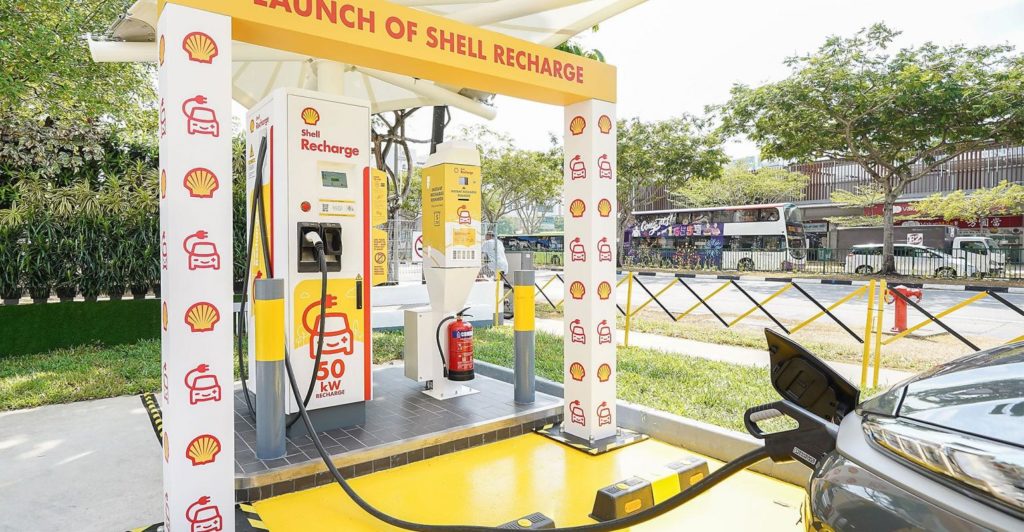One of the giants of the oil industry is accelerating its strategy to achieve net-zero emissions by 2050, adapting to the automobile market’s transformation that is inevitably turning towards the electric car.

Shell has detailed how it will achieve its goal of becoming a net-zero emissions energy business by 2050, in tune with society’s progress towards more sustainable cities and nations with less energy dependence on fossil fuels.
This objective covers emissions from the operations of the oil company and emissions from the use of all the energy products it sells and markets.
But more importantly, these actions include emissions from the oil and gas that others produce, and Shell then sells as products to customers, making the goal comprehensive.
The Anglo-Dutch oil company is stepping on the accelerator to reach 500,000 recharging points by 2025.
To achieve this, it will undertake a series of actions to transform itself into a company of services and products based on zero-emissions energy.
The least friendly part for the decarbonization of the economy and the progress of the 4.0 economy resides in Shell’s policy, which involves expanding its network of service stations since it intends to expand the current 46,000 gas stations to 55,000 distributed throughout the world.
This strategy aims to increase the customer base and the company’s turnover by expanding the business. Shell’s ambitions are set to reach $6 billion in turnover by 2025.
The only advantage of this expansion will be that it will be accompanied by the proliferation of charging points for the electric car in all its service stations.
Shell has long been expanding its presence in the electricity sector through company purchases and electric cars’ charging networks.

